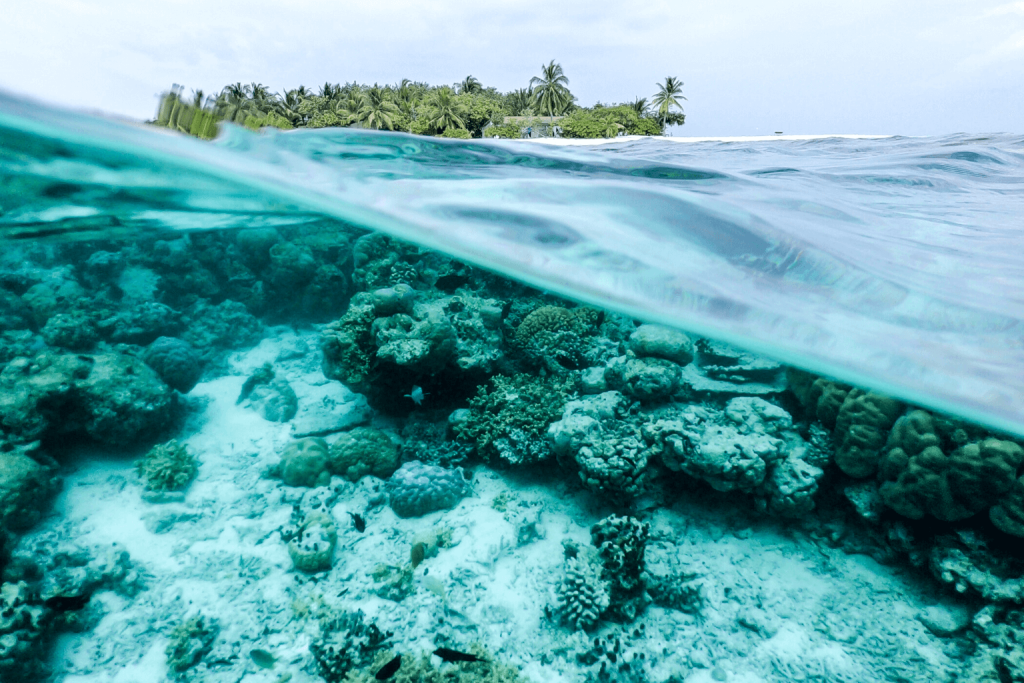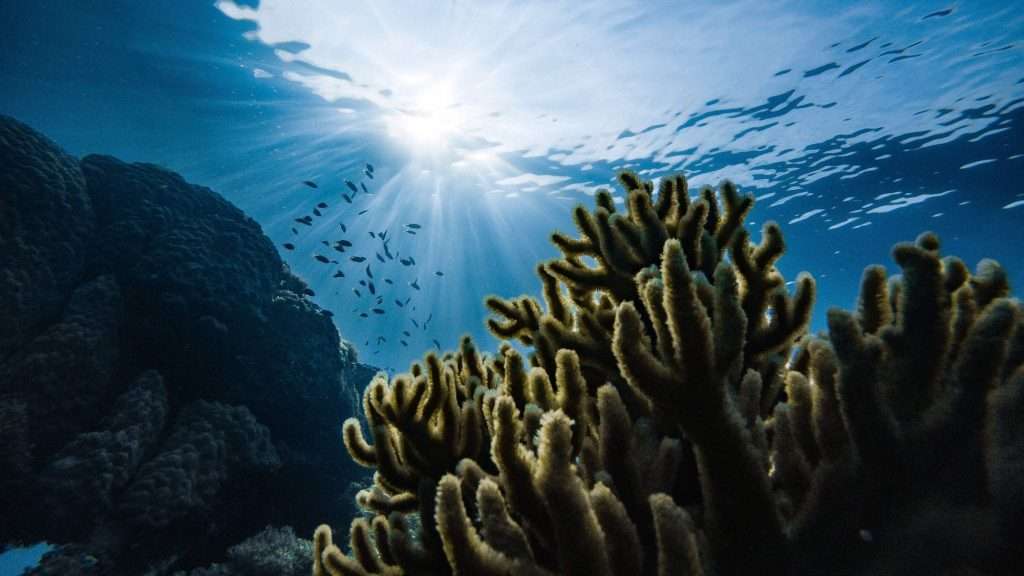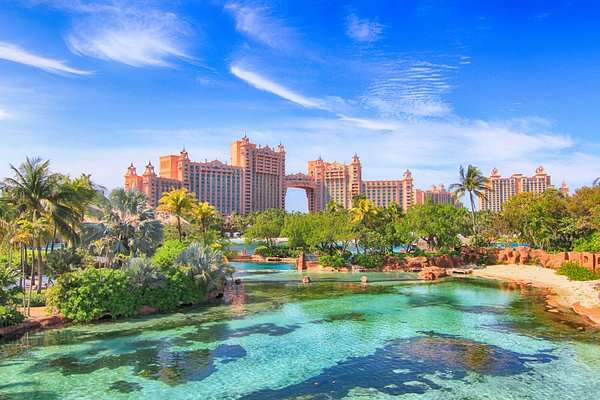Bahamian destination resort Atlantis is behind a bold initiative to save the region’s critical coral through the establishment of the first coral gene bank in the Bahamas.
As a pioneer in marine life conservation, Atlantis Paradise Island is making substantial strides in the battle against Stony Coral Tissue Loss Disease (SCTLD), a catastrophic affliction wiping out coral populations in The Bahamas and beyond. The idyllic resort is set to become home to The Bahamas’ inaugural coral gene bank, further demonstrating its dedication to marine sustainability.
SCTLD poses a devastating threat to nearly half of The Bahamas and Caribbean’s reef-building coral species, rapidly infecting and eliminating even the slowest-growing and longest-lived species like brain, pillar, and star corals. In a swift and alarming process, infected corals can perish within weeks, their chances of survival distressingly low.

Implemented on May 18th, The Bahamas Coral Gene Bank at Atlantis Paradise Island (BCGB) is a revolutionary collaboration, bringing together the resort and its nonprofit entity, Atlantis Blue Project Foundation (ABPF), The Bahamas Ministry of Agriculture, Marine Resources and Family Island Affairs, Perry Institute for Marine Science (PIMS), and University of The Bahamas. Together, these organizations are establishing and equipping a biosecure facility committed to preserving the most susceptible coral species from SCTLD, until they can be safely reintroduced into their natural habitats.
“We have a responsibility to the ecosystems surrounding us, and establishing The Bahamas Coral Gene Bank is our next step in the ongoing effort to protect our reefs and stop Stony Coral Tissue Loss Disease,” Audrey Oswell, President and Managing Director of Atlantis Paradise Island, said in a statement. “The Atlantis team is proud of its commitment to conserving marine life and restoring our oceans. As we celebrate World Ocean Month, we aim to raise greater awareness and education to the local and global community about the critical environmental challenges we face.”
Michele Liu, Senior Vice President of Atlantis Marine and Water Park Operations and Board Member of Atlantis Blue Project Foundation, also shares a similar sentiment. “The Bahamas Coral Gene Bank at Atlantis Paradise Island goes beyond coral rescue — it is about securing the future of Bahamian reefs,” Liu said. “Through this initiative, our goal is to preserve critical marine life and safeguard the livelihood of future generations, which has been the goal of Atlantis Blue Project Foundation since its inception in 2005.”
Over its 25-year history, Atlantis has established its commitment to sustainable tourism, striving to conserve, rehabilitate, and protect the marine life of The Bahamas. All decision-making within the resort takes into account the present and future environmental, social, and economic impacts.

Through its latest project, Atlantis, ABPF, and Perry Institute for Marine Science have led a coral outplanting excursion, using coral fragments cultivated from nurseries at the resort to expedite the restoration of nearby coral reefs.
The Atlantis Blue Project Foundation is at the forefront of preserving The Bahamas’ marine life. The foundation has already successfully funded the nation’s first coral reef report card, evaluating more than 400 reefs to assess the damage and predict recovery following natural disasters. In addition, the project has developed 25 coral nurseries and planted thousands of corals to replenish depleted reefs, making significant contributions to the establishment of 1.4 million acres of Marine Protected Areas on the west side of Andros Island, and the designation of 17 marine protected areas with coral reefs in The Bahamas. Furthermore, the foundation is fostering environmental education by funding the incorporation of coral reef programs in schools across the country.
The Bahamas Coral Gene Bank at Atlantis will serve as a research hub, where marine biologists and students can rescue, cultivate, study, and grow coral species in a controlled setting. The BCGB is designed to accommodate up to 600 coral colonies of over 15 species vulnerable to SCTLD. It will enable coral propagation, producing tens of thousands of offspring annually. The BCGB’s ultimate aim is to safeguard genetic diversity and boost coral breeding for reef regeneration and restoration.
Related on Ethos:


